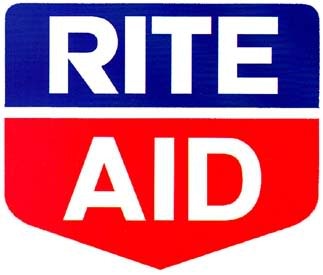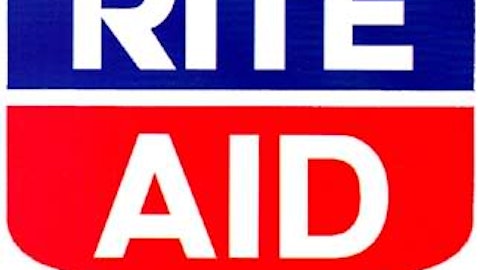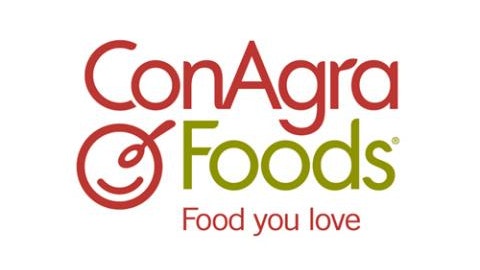Is it possible that Rite Aid Corporation (NYSE:RAD) will be acquired by one of its larger competitors – Walgreen or CVS? The answer is likely “no.” However, does this mean that Rite Aid’s chances of being acquired are slim-to-none, and why is it that Rite Aid is such a compelling acquisition target in the first place?
The unlikely super pharmacy
In a previous article, “Will This Pharmacy Company be Acquired, and Is It Needed?” I explained why companies like Walgreen and CVS would not acquire Rite Aid.

The fact that Rite Aid would make either CVS or Walgreen super-pharmacies might sound appealing, but much like the FCC denied AT&T’s acquisition attempt of T-Mobile – due to it creating an unfair advantage and hurting the free market – the government is unlikely to allow such a merger.
However, in the noted article, I explained that because Rite Aid is just one-fifth as expensive as either Walgreen or CVS on a price/sales comparison, and is seeing the greatest margin improvement, that an acquisition is not needed for Rite Aid to trade significantly higher.
While this statement may be true, Walgreen and CVS might not be the only companies to see value in Rite Aid. In fact, due to the company’s size, and its return to profitability, there are several companies that might see Rite Aid’s benefit too great to pass up.
The mini-store mania
Back in 2011, retail juggernaut Wal-Mart Stores, Inc. (NYSE:WMT) announced a mini-store concept, which it called “Express” stores . In these stores, Wal-Mart will focus on its most profitable and best-selling products, which include drugs.
Wal-Mart’s Express stores will be just one-tenth the size of its Supercenters, or less than 15,000 square feet. Ironically, Rite Aid stores are about this size, and by acquiring Rite Aid, Wal-Mart would gain more than 4,000 stores!
Currently, Wal-Mart has over 4,500 stores that sell Rx, including Sam’s Club, and reported over $17 billion in Rx sales during 2012. While impressive, $17 billion is less than half of the Rx sales produced by Walgreen or CVS. By acquiring Rite Aid, Wal-Mart could satisfy its mini-store goals plus be equal to numbers one and two in the pharmacy space.
Not to mention, with new generic introductions creating higher margins among pharmacies – as generic drugs pay more per script to pharmacies than brand name drugs – and countless blockbuster drugs losing patents in the coming three years, now looks better than ever for Wal-Mart to make such an acquisition.
With $116 billion in gross profit over the last year, Wal-Mart could easily afford Rite Aid.
An under-the-radar player in the game
Target Corporation (NYSE:TGT) is not what most consider significant in the retail pharmacy space. In 2012, Target ranked 10 in U.S. Rx sales, reporting just $3.3 billion of its $73 billion from pharmacy. However, the 4.5% of total sales that Target earned from Rx outweighs the 3.6% that Wal-Mart earned with its $17 billion in Rx sales ($469 billion total sales).
So, why would Target be interested in Rite Aid? Well, for the same reasons as Wal-Mart: The pharmacy industry is producing higher margins with new generic introductions; there are many new generics to be introduced in coming years; Rite Aid would drastically increase Target’s total number of stores with Rx (1,647 in 2012 ) and give Target a mini-store presence.
As of now, such a deal seems unlikely. But, with Target’s stock trading 12% off its 52-week high, acquiring Rite Aid would create optimism, and allow Target to acquire $25 billion in revenue, 4,000 stores, and at a fairly good price.
A not shocking scenario
The Kroger Co. (NYSE:KR)’s sudden rise in 2013 has been unexpected by most, but a sudden boost in margins and impressive growth has led to a one-year 75% stock gain. While store traffic has played a large role in the stock’s rally, Kroger’s pharmacy is also a hidden gem.
Last year, Kroger’s pharmacy created $7.8 billion of the company’s $96 billion in sales. Therefore, Rx was more than 8% of total sales, and due to the impressive margin growth that we’ve seen from Walgreen, CVS, and of course Rite Aid, one has to believe that some of Kroger’s performance is tied to its pharmacy.
Kroger has 2,094 stores that have pharmacies, and acquiring Rite Aid could triple that number. With that said, much of Kroger’s operational approach has been to become larger and more retail focused, with more discretionary products. While acquiring Rite Aid would contradict this approach, it might give the company a more diversified approach, operating with small, medium, and large-sized stores.
Due to Kroger’s presence with pharmacy, and the ability to renovate Rite Aid stores to focus on grocery, I think Rite Aid becomes an intriguing possibility for Kroger, one that wouldn’t be shocking.
Final thoughts
The “mini-store” approach is interesting, because it can allow large companies to focus solely on best-selling products along with targeting specific customers, those who prefer smaller or dollar stores. Hence, it is a space that becomes attractive to many companies, not just the three noted, but also Cardinal Health, Safeway, Publix, Costco, etc.
In regards to Rite Aid, it is a $4.25 billion company that has $25 billion in annual sales. Thus, it is a massive company that is seeing drastic bottom-line improvements – evident by its stock performance. With that said, the government would likely be hesitant to approve a merger between Rite Aid and either of its larger competitors – as seen with AT&T/T-Mobile. However, a merger of Rite Aid with a retail company that has a pharmacy presence does seem possible, and is both a rumor, and a development to monitor in the coming year.
The article 3 Companies That Might Acquire Rite Aid originally appeared on Fool.com and is written by Brian Nichols.
Brian Nichols owns RAD and KR. The Motley Fool has no position in any of the stocks mentioned.
Copyright © 1995 – 2013 The Motley Fool, LLC. All rights reserved. The Motley Fool has a disclosure policy.




